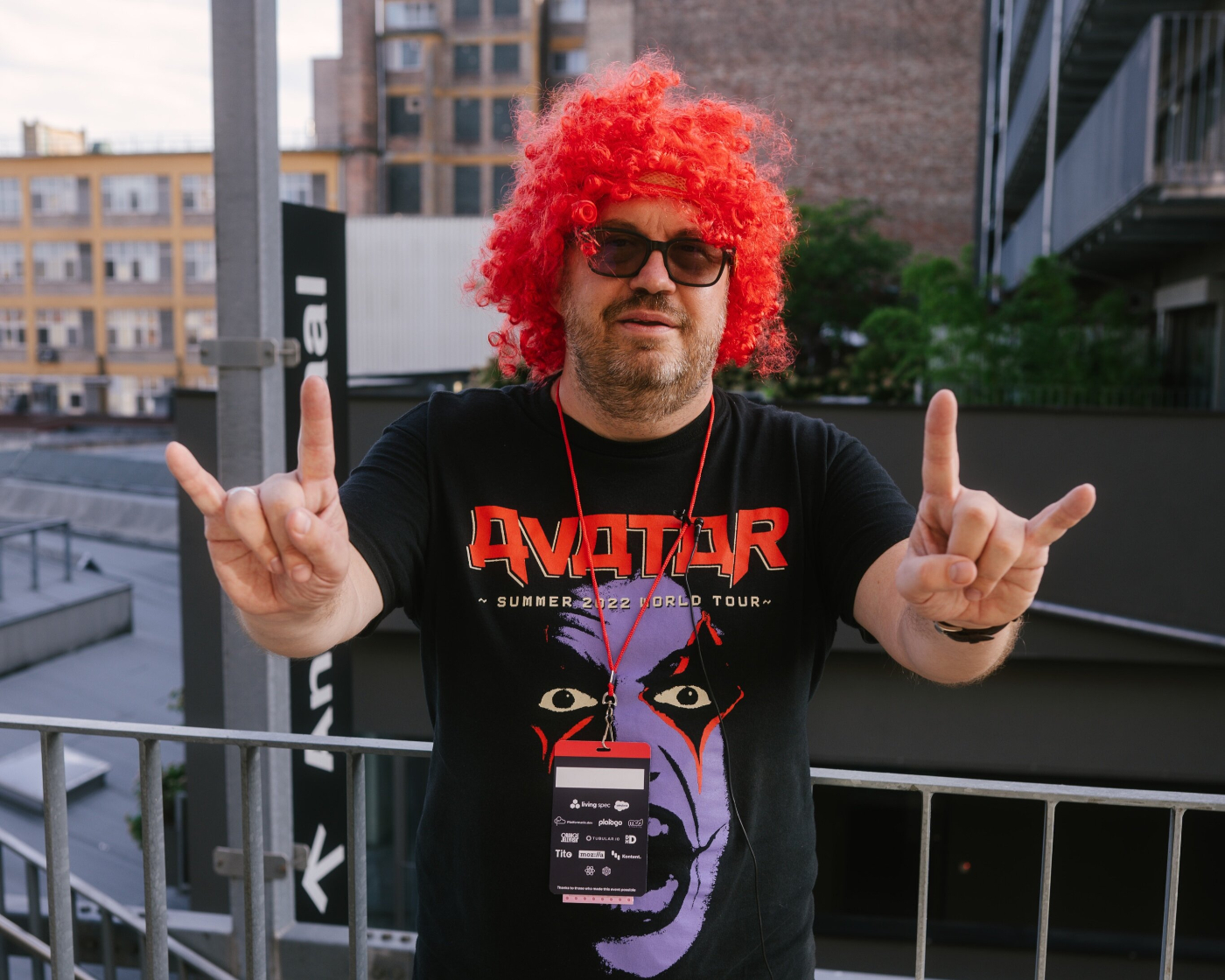295 reads
DevOpsDays 2023 Prague Was a Blast
by
June 9th, 2023
Audio Presented by

Human. Artist. Hacker: I care about free and open-source software, cybersecurity, privacy, and technology
Story's Credibility





About Author
Human. Artist. Hacker: I care about free and open-source software, cybersecurity, privacy, and technology
